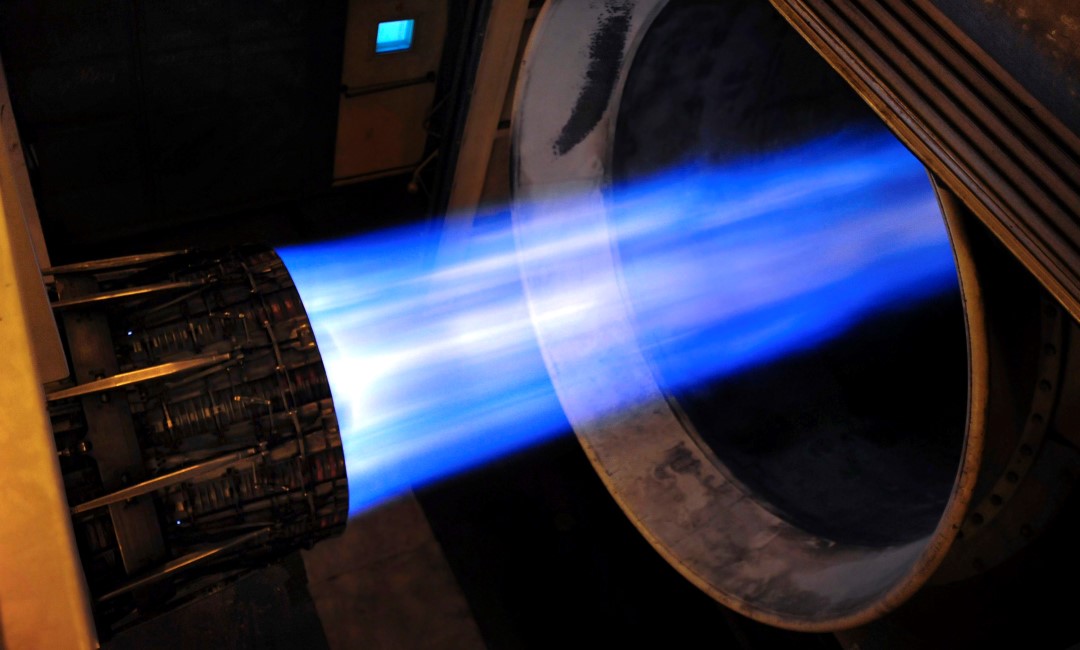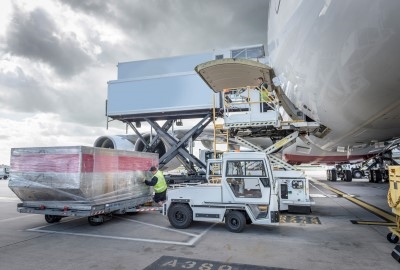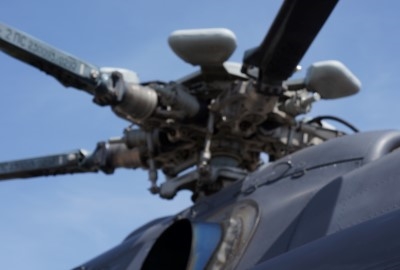Boeing and NASA measure the emissions of SAF
Utilizing sustainable aviation fuel (SAF) is a way of near-term decarbonization in aviation. The emissions characteristics of SAF across a variety of engine types are going to be measured in a combined effort of Boeing and NASA. The partners will also conduct tests to find out what the possible impact of SAF particles and chemistry is on the creation of contrails.

In the so-called ‘ecoDemonstrator technology programs’ of NASA, its researchers have partnered with Boeing to assess pollutants from aircraft powered by SAF. Examination of just concluded tests on the ecoDemonstrator – a Rolls-Royce Trent 800-powered 777-200ER - is ongoing. Boeing emissions technical fellow Steve Baughcum said that researchers “see the positive effects of SAF. The significantly reduced soot particles and total aerosols in the SAF emissions compared to petroleum-based conventional Jet A fuel is really encouraging.”
The 100% sustainable aviation fuel (SAF)-fueled 777-200ER tests are carried out at the Everett Delivery Center with its Rolls-Royce Trent 800 engines operating at maximum thrust.
According to a report by 100knots.com, SAF may be the only feasible and immediately available solution to hit 2050 net zero emission goals. “Flying with SAF blends helps demonstrate the practicality of using alternative fuels on a daily basis, and the development of the technology will accelerate the expansion of SAF refining capacity on the industrial scale necessary for its widespread adoption in the upcoming years.”


